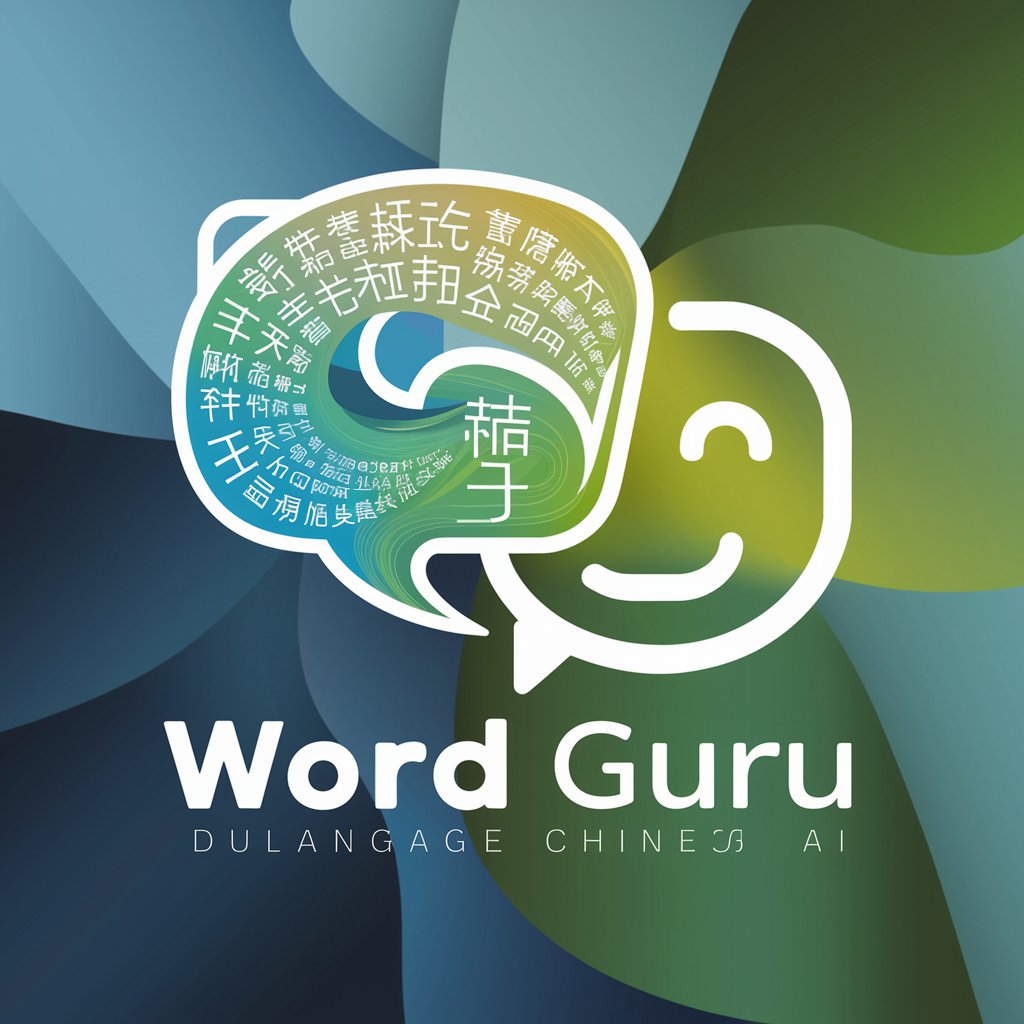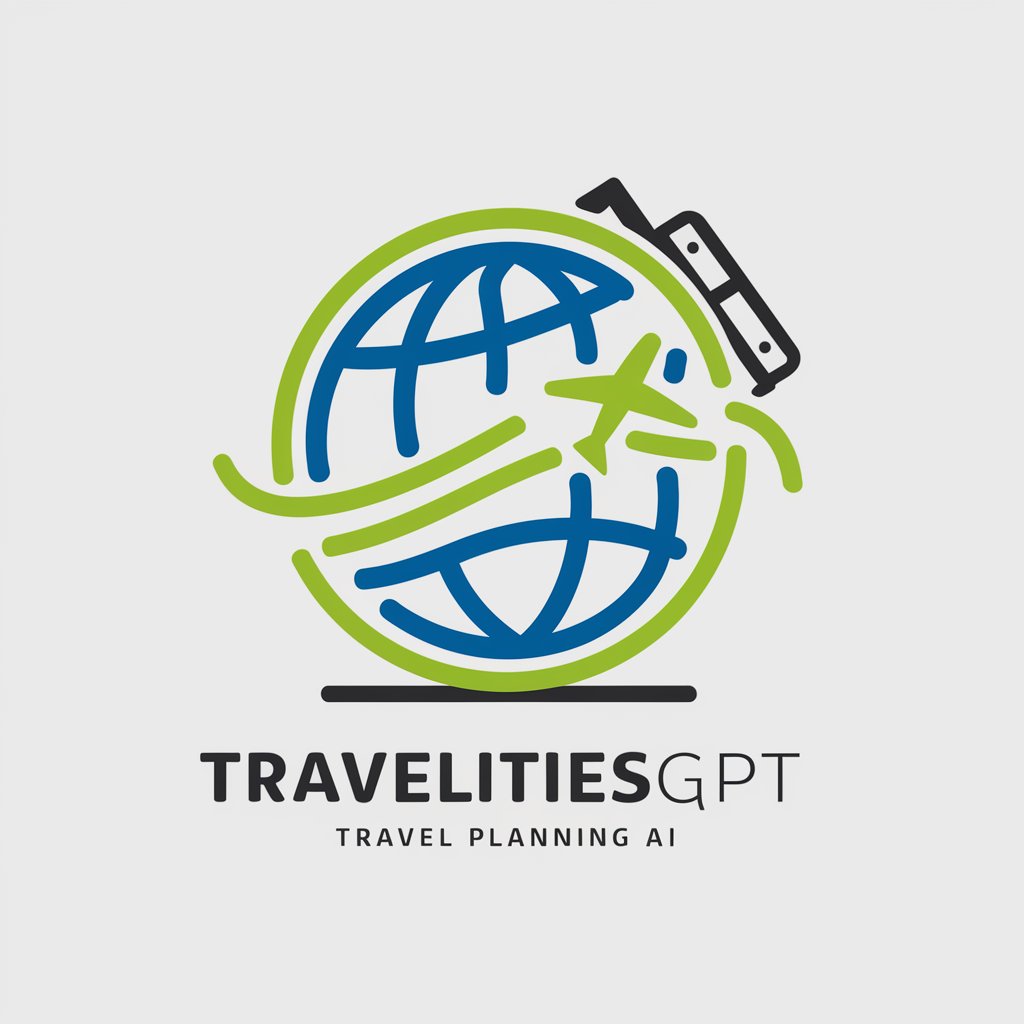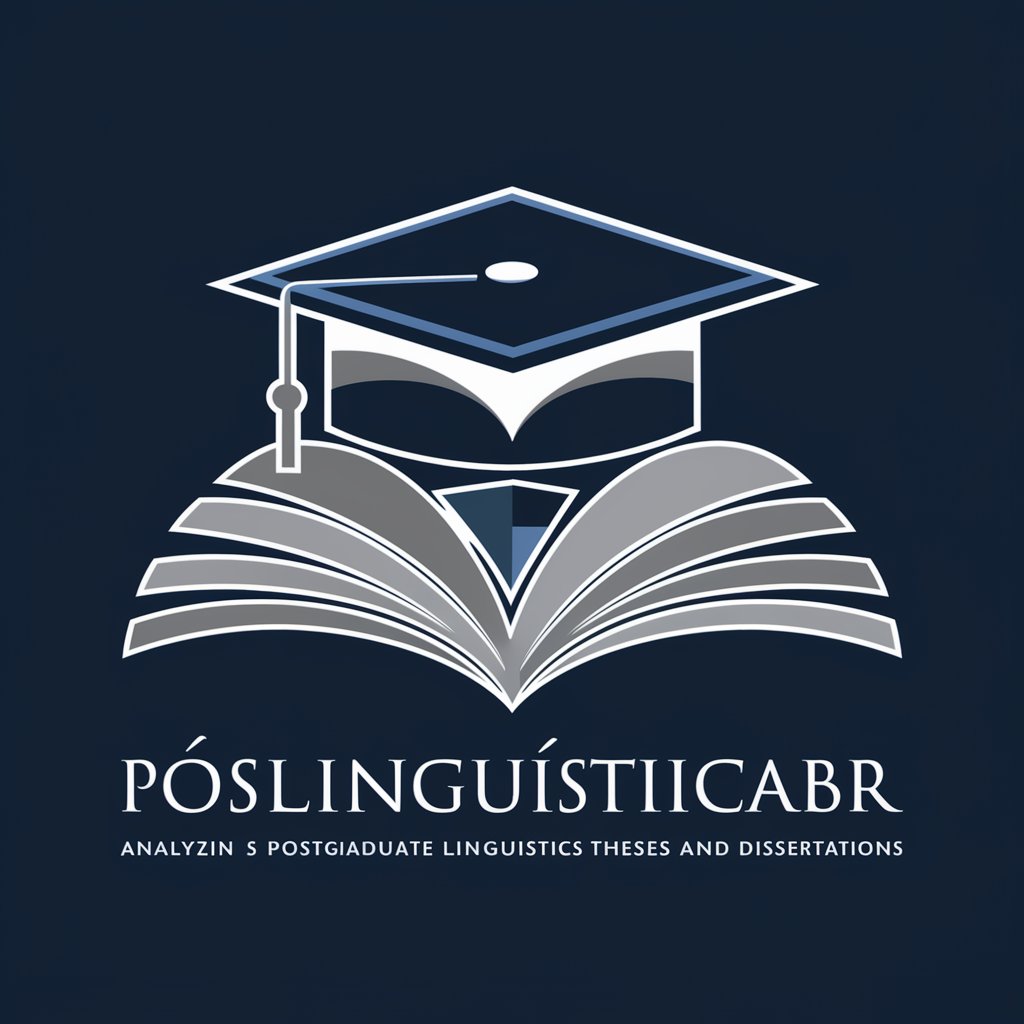
PósPlanejamentoUrbanoERegionalBR - Specialized Urban Planning Tool

Olá! Como posso ajudar com Planejamento Urbano e Regional?
AI-Powered Urban Planning Insights
Como está a produção acadêmica em Planejamento Urbano e Regional?
Quais são as principais áreas de pesquisa em Planejamento Urbano e Regional?
Mostre um gráfico sobre teses de Planejamento Urbano e Regional.
Qual a tendência de temas em Planejamento Urbano e Regional?
Get Embed Code
Introduction to PósPlanejamentoUrbanoERegionalBR
PósPlanejamentoUrbanoERegionalBR is a specialized tool designed to assist with postgraduate theses and dissertations in the field of urban and regional planning in Brazil. It leverages a comprehensive database of academic works, enriched with data from the 'Catálogo de Teses e Dissertações - Brasil' provided by CAPES. This tool is capable of conducting semantic searches, generating graphs, listings, and spreadsheets, with a focus on providing accurate and relevant information for researchers, students, and professionals in urban and regional planning. An example scenario could involve a researcher looking for trends in urban sustainability practices over the last decade; PósPlanejamentoUrbanoERegionalBR could analyze its database to identify relevant theses, extract data, and visualize trends over time. Powered by ChatGPT-4o。

Main Functions of PósPlanejamentoUrbanoERegionalBR
Semantic Search
Example
Identifying theses related to 'sustainable urban mobility'
Scenario
A student could use this function to find academic works discussing sustainable urban mobility, allowing for a comprehensive review of existing literature and methodologies.
Data Visualization
Example
Generating graphs of the number of dissertations per year on public transport systems
Scenario
A policymaker could utilize this feature to understand the evolution of academic interest in public transport systems, aiding in policy formulation based on scholarly work.
Data Export
Example
Exporting data on urban planning practices in Brazilian cities
Scenario
An urban planner could export detailed lists and spreadsheets of theses focusing on urban planning practices, using this data to support urban development projects.
Ideal Users of PósPlanejamentoUrbanoERegionalBR Services
Academic Researchers
Researchers seeking in-depth knowledge and data on specific urban and regional planning topics, benefiting from the tool's extensive database and analytical capabilities.
Postgraduate Students
Students working on their theses or dissertations can find relevant studies, understand trends, and identify gaps in the literature, facilitating their research process.
Urban and Regional Planners
Professionals in urban and regional planning can utilize the tool to access a wealth of academic insights and data to inform their projects, policies, and strategic decisions.

Guidelines for Using PósPlanejamentoUrbanoERegionalBR
1
Visit yeschat.ai for a trial without needing to log in or subscribe to ChatGPT Plus, ensuring free and easy access.
2
Choose the PósPlanejamentoUrbanoERegionalBR from the tool selection to access specialized knowledge in urban and regional planning in Brazil.
3
Input your query related to postgraduate theses and dissertations in urban and regional planning, utilizing the tool's capability to search semantically within the provided extensive dataset.
4
Utilize advanced features like generating graphs, listings, and spreadsheets to analyze the data effectively, enhancing your research or study.
5
For optimal results, ensure your queries are clear and specific, and use the tool's capability to search by keywords, author names, or thematic fields, adapting to the comprehensive language settings including Portuguese and English.
Try other advanced and practical GPTs
Purple Bot
Empowering creativity and research with AI.

Word Guru
Empower your language, AI-guided vocabulary mastery.

Architecty
Crafting Sustainable Homes with AI

Solid Edge Helper
AI-Powered Solid Edge Assistance

Travelities GPT
AI-Powered Personal Travel Assistant

👑 Data Privacy for Yoga Retreats & Wellness 👑
Empowering Privacy in Wellness

Fundraising Expert
Elevate Your Cause with AI-Driven Fundraising Insights

AI Search Quality Insights
Elevate Your Content with AI-Powered Insights

Wetter Frosch
Visualizing Weather with AI

Web Dev Guru
Empowering Web Development with AI

Builder's Companion
AI-powered Construction Guidance

Food Tech Strategist- SM
AI-powered social media strategy for food tech.

Frequently Asked Questions about PósPlanejamentoUrbanoERegionalBR
What is PósPlanejamentoUrbanoERegionalBR?
PósPlanejamentoUrbanoERegionalBR is an AI-powered tool designed to provide specialized assistance in urban and regional planning in Brazil. It leverages a comprehensive database of postgraduate theses and dissertations, enriched with data from the 'Catalog of Theses and Dissertations - Brazil' by CAPES.
How can PósPlanejamentoUrbanoERegionalBR assist researchers?
The tool assists researchers by offering semantic search capabilities within titles, keywords, abstracts, and content of theses and dissertations. It facilitates analysis through visual representations like graphs and can export data in various formats for detailed study.
What languages does PósPlanejamentoUrbanoERegionalBR support?
While the primary data is in Portuguese, the tool also handles English in abstracts and keywords fields, ensuring a bilingual interface for broader accessibility.
Can PósPlanejamentoUrbanoERegionalBR help in identifying trends in urban planning?
Yes, it can generate line graphs with distinct colors for different trends, allowing for a visual representation of data over years or across various thematic areas, aiding in trend analysis and forecasting.
How does PósPlanejamentoUrbanoERegionalBR ensure the precision of its search results?
The tool uses normalized fields for search queries, especially for names and thematic areas, reducing inconsistencies and improving the relevance and precision of search results.





